Overwhelmed when it comes to choosing a kitchen countertop? We sympathize. We’ve been through more than a dozen remodels among us (and we all have strong opinions); interested in our findings? Read on.
We have experience with several different kitchen countertop materials, and we all have our favorites; for Francesca and Michelle, it’s marble, Sarah and Christine favor stainless steel, Julie likes laboratory countertops, and I’m partial to soapstone. Have experience with any of these materials (or others we’ve left off the list)? Please weigh in below in the comments section!
CONCRETE

Above: Concreteworks in Oakland, CA, offers a wide range of concrete kitchen counters, including sustainable concrete blends with high recycled content such as fly ash and rice husks. Pictured above is the kitchen at Heath Ceramics in Los Angeles.
Above: From Janet: If I have another kitchen remodel in my future, I will look into hard-wearing concrete kitchen counters, as used in this kitchen by architect Ken Levenson. Unlike the concrete counters of the late-1980s, which were poured onsite, most concrete counters are precast and come in a huge range of colors and finishes from rough hewn to refined. Levenson used Get Real Surfaces, a source of concrete countertops in New York. Photo courtesy of Levenson McDavid.
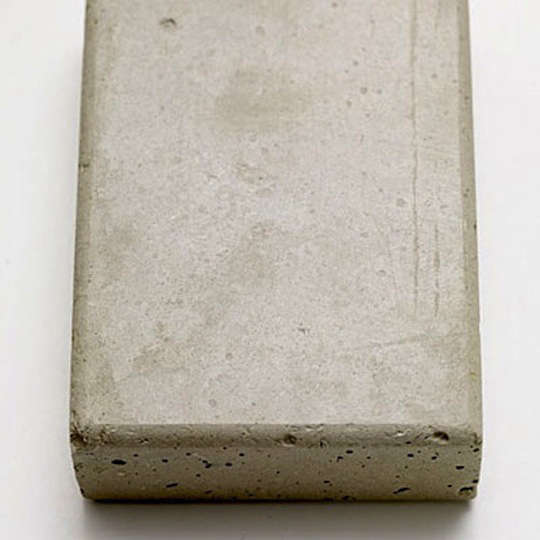
Above: An option worthy of serious consideration: the eco-friendly Squak Mountain Stone Composite Countertop. Developed by an entrepreneur as part of her master’s thesis (she was attempting to produce a building material using only locally sourced and recycled materials), the countertop is made from Portland cement, waste fly ash, waste glass dust, mixed waste paper, and pigments. Coated with a food-grade acrylic sealant and buffed to a sheen, the material is stain resistant and warm to the touch. Photo via Sunset. See a slideshow of Earth-Friendly Kitchen Counters at Sunset.
STAINLESS STEEL
Above: Christine‘s countertop of choice is stainless steel. “I love the industrial clean feel and the patina it acquires from years of use,” she says. Stainless steel kitchen counters can be found at restaurant suppliers; for an online source that ships, try A-Line Stainless Countertops. Photo via Messana O’Rorke Architects.

Above: The thin flat top stainless steel countertops in a kitchen by architect Jerome Buttrick have an appealing modern look and offer a cost savings over the traditional practice of wrapping the counter edges.
QUARTZITE (LUCE DE LUNA)

Above: A marble lookalike minus the maintenance: the quartzite stone called Luce de Luna resembles marble but is is a bit less porous and therefore less susceptible to staining. To see a remodel featuring Luce de Luna, go to Thee Architect Is In: Jen Turner’s Grand DIY. Photo via Charles Luck Stone Center.
MARBLE

Above: Francesca‘s kitchen prep area features kitchen counters made of statuary marble (they’re whiter than Carrara marble and feature bold gray veining). It’s important to choose slabs carefully and be sure to mark the seam areas, so that the variations match up pleasingly (this often requires several trips to the stone yard). ABC Stone Trading in Brooklyn is an excellent source for marble slab for kitchen counters.

Above: Michelle has just finished a remodel. “All the stone in the house–countertops, backsplash, thresholds, sills, bathrooms–are carrara marble for these reasons: the color is neutral, it works equally well on countertops and floors, and buying four slabs of a single type stone seemed the most cost-efficient approach,” she says. To see her finished kitchen, visit Rehab Diaries: Michelle’s Mill Valley Kitchen Redo (and learn about the trials of a marble backsplash).
SOAPSTONE
Above: My kitchen counters over the years have included granite, stainless, wood, and soapstone (a favorite for its color, feel, heat-resistance, and durability), as pictured in this Maine cottage renovation by architect Sheila Narusawa. It’s called soapstone because of the soft feel of the surface, which is due to the presence of talc in the stone. Green Mountain Soapstone has an informative site. Perfectionists take note: Soapstone will show signs of wear and will develop a patina over time. Photo via Justine Hand’s Design Skool.
WOOD
Above: Wood countertops, as featured in this Los Angeles kitchen by Aqua Vitae, lack the heat resistance of some of the other options, but offer a warm-to-the-touch organic feel. John Boos Classic Maple Butcher Block Countertops are 1.5 inches thick and come in a variety of lengths and widths. Boos offers three different types of wood: hard rock maple, red oak, and lyptus, a dark wood similar to cherry. Maintenance includes periodic oiling; nicks and burns can be lightly sanded and the surface reoiled. N.B. For more counter stools, see 10 Easy Pieces: Counter Stools with Backs.
Above: Ikea offers the affordable oiled-beech Numerar Wood Countertop, which comes in precut lengths. Kitchen counters measuring 49 5/8 by 25 5/8 by 1 1/2 inches are $89.
SOLID SURFACE COMPOSITE
Above: Julie used laboratory countertops in her Mill Valley home. Tacoma, WA-based Richlite makes durable, warm-to-the-touch kitchen counters from resin-impregnated wood pulp from certified forests; go to Richlite for dealer information. Available in a range of colors.

Above: Corian is a solid surface countertop made from a durable nonporous acrylic polymer that comes in over 130 colors. It can also be used for cabinet fronts and sinks. For more on white countertops, see Tile & Countertop: New Pure White.

Above: Used in custom projects by Henrybuilt, one of our favorite kitchen-design outfits, Finnish-made Durat is a polyester-based solid-surface material resistant to wear, humidity, and chemicals. Made of 30 percent recycled post-industrial plastic, Durat is 100 percent recyclable, is available in 70 colors, and can be renewed with a light sanding.

Above: The popular and highly-rated quartz-based CaesarStone countertop is made from ground quartz that is non-porous, scratch resistant, and highly resistant to stains. It doesn’t require sealants or waxes. CaesarStone countertops come in a wide range of colors and textures. Go to Caesar Stone for dealer information.
Read more: 6 Great Countertops: How to Choose the Best Material from Popular Mechanics.
Researching new countertops? Read 5 Questions to Ask When Choosing Your Kitchen Countertops. And for more in-depth information, see the following Remodeling 101 posts:
- A Marble Countertop Look-alike, Minus the Maintenance
- The Intel on Black Marble Countertops
- Remodeling 101: Butcher Block Countertops
- Remodeling 101: Concrete Kitchen Countertops
- Remodeling 101: Soapstone Countertops
- Remodeling 101: Stainless Steel Countertops
- Remodeling 101: Marble Countertops
- Remodeling 101: Corian Countertops (And the New Corian Look-alikes)
- Remodeling 101: Engineered Quartz Countertops
- Remodeling 101: Paper Composite Countertops for the Kitchen
Finally, get more ideas on how to evaluate and choose your kitchen countertop in our Remodeling 101 Guide: Kitchen Countertops.
N.B.: This post is an update; the original story ran on June, 5 2009.
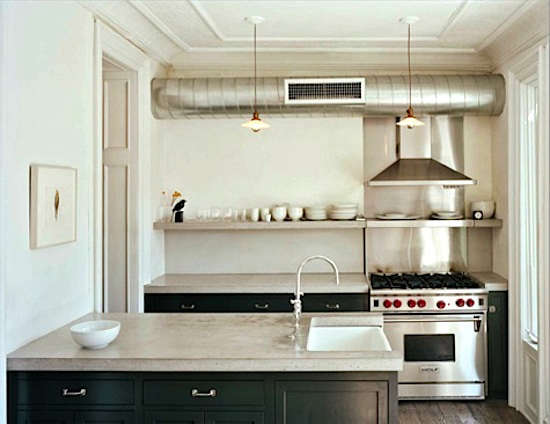





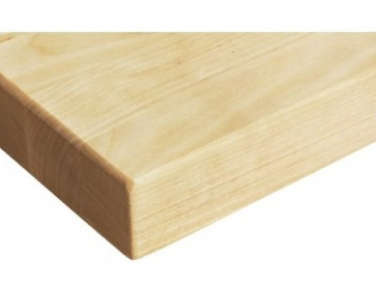
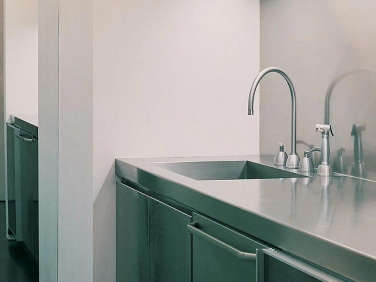
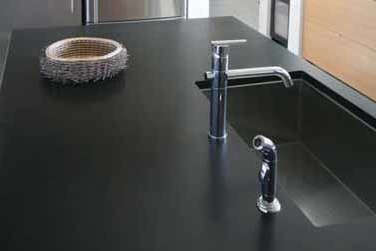
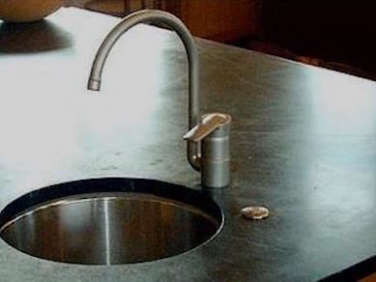
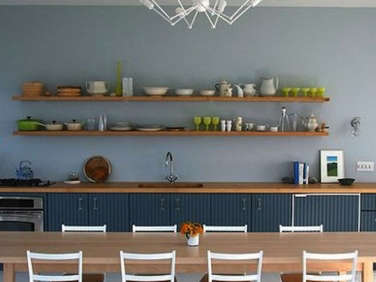
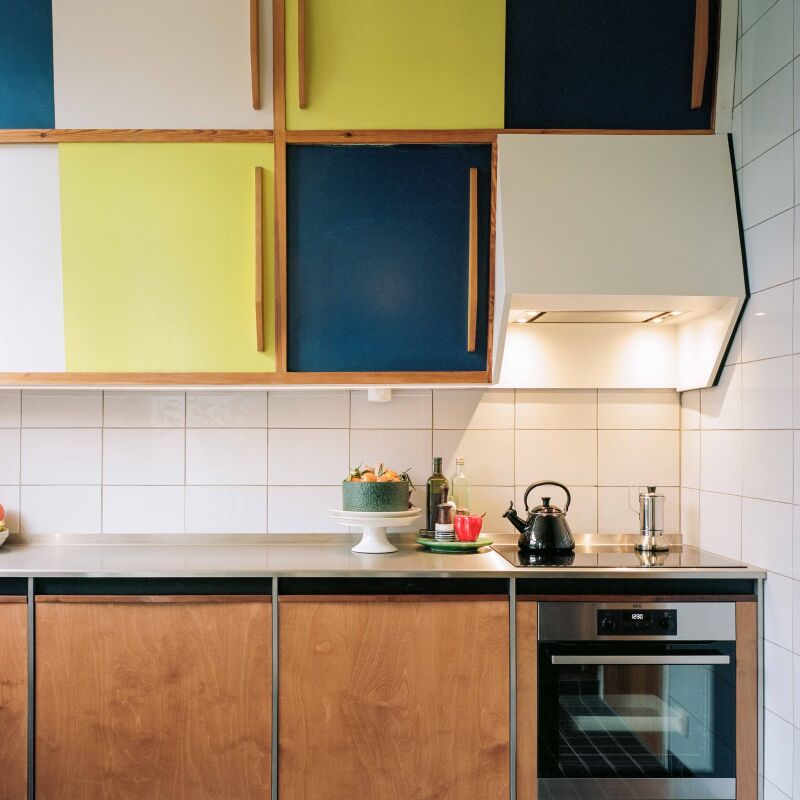
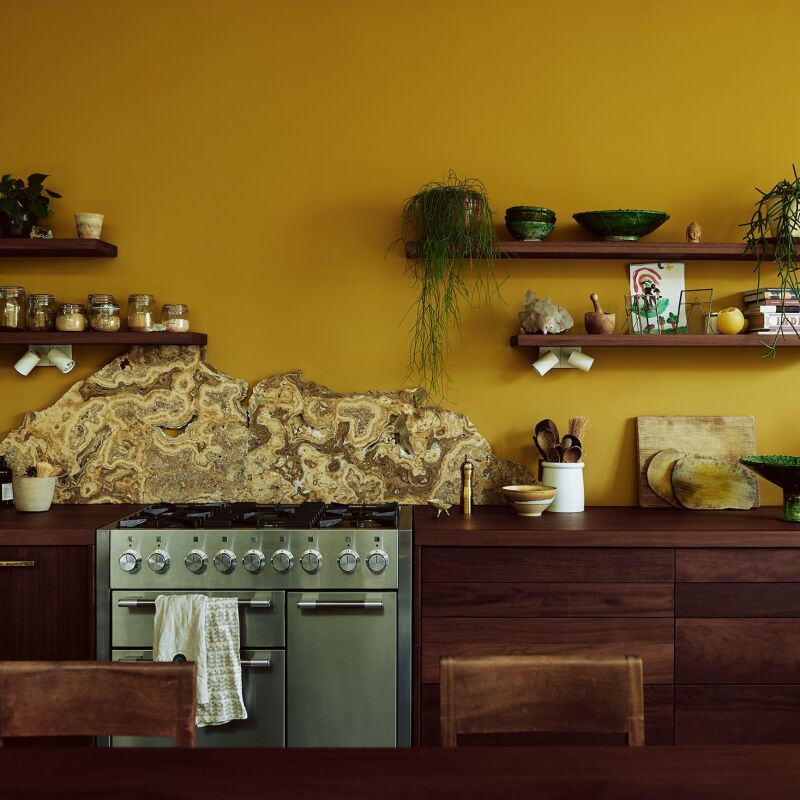
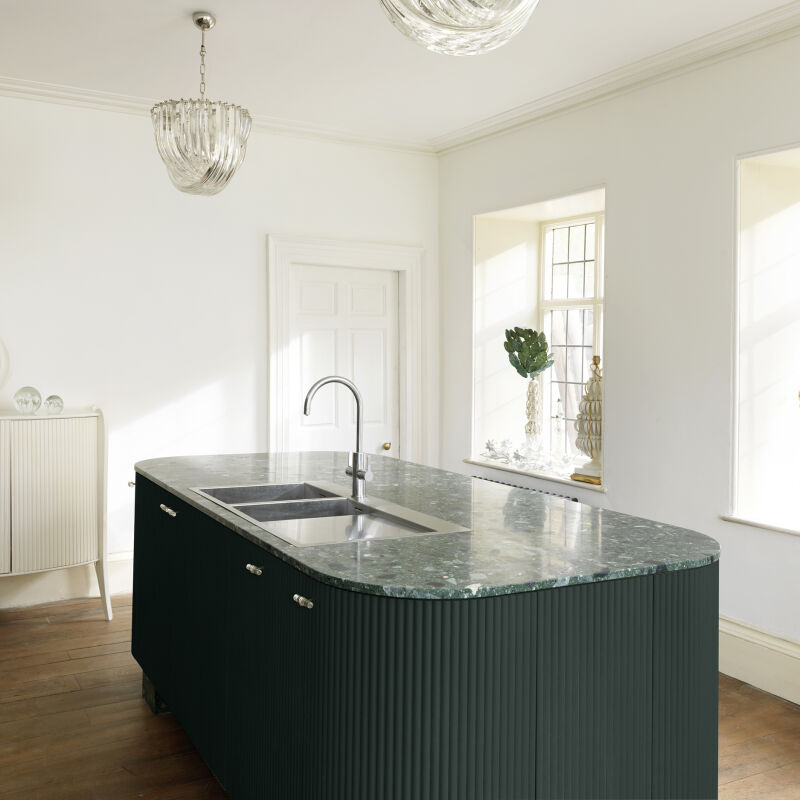



Have a Question or Comment About This Post?
Join the conversation